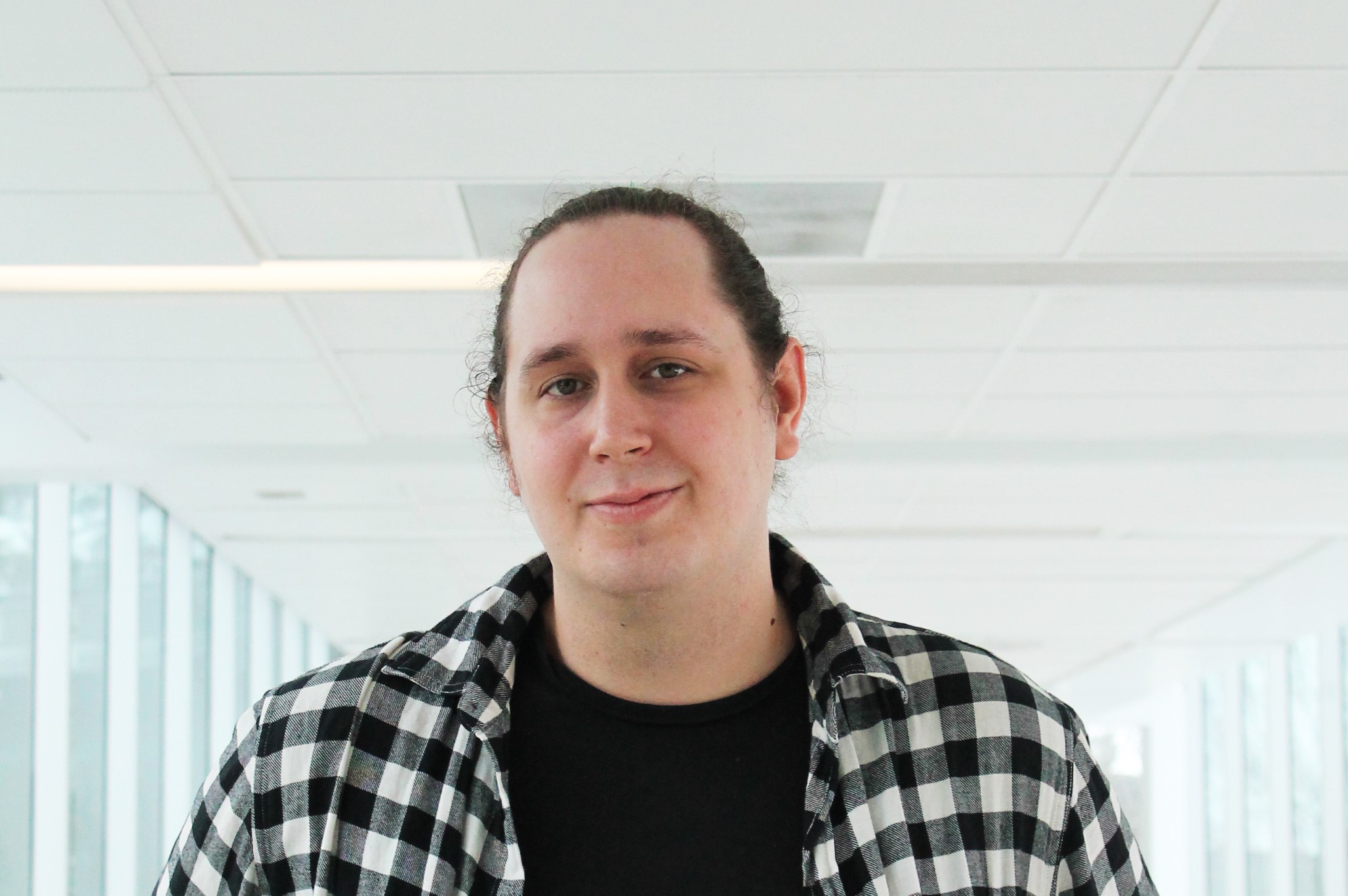
The (Socio)Logical Choice
Quaid Bettschen describes his experience as research assistant in Sociology.
As a sociology major, I am often asked what I plan to do for a career when I graduate. For my first two years of university, I did not have an answer to that question. The discipline is broad and often people do not realize what is available to them within such a rich field. However, once I actually looked into the options, I found the possibilities to be wide ranging and I now respond to that question with, “Government, research, education, business, corrections, social work, and more.” Most kids do not grow up thinking they want to be a sociologist; in fact, most people do not even know what sociology is until they attend a university or college. This, to me, is a great shame. Sociology courses have been my favorite since my first semester of university in 2011. I am incredibly lucky that I took a chance and decided to try something new and different, because that chance ended up shaping my future.
My name is Quaid Bettschen, and I am in the final year of my four year sociology degree. I am also enrolled in the Certificate in Criminology and Addictions Program (CCAP) offered through the Department of Sociology at the University of Saskatchewan. Taking various sociology courses directed my interests towards criminology, which led me to CCAP, which has now led me on a path to a career in addictions. My experience in sociology has not only expanded my knowledge of the world and directed my career interests; it has also provided me with the incredibly rewarding and unique experience of being a research assistant for Dr. Elizabeth Quinlan and Dr. Susan Robertson.
The Woman's Auxiliary Project
There are two research projects I am currently working on: The Women’s Auxiliary Project and the Workplace Harassment Project. The former is a historical sociological research project that looks at the experiences of women who were the wives and daughters of miners in Ontario during the ‘50s and ‘60s, and the important role they played in the labour movement. The majority of my work on this project has involved listening to, and transcribing, radio broadcasts recorded during the 1958 INCO strike. While I admit transcribing is a tedious process, and I have formed a newfound respect for anyone who does it, the content of the radio broadcasts has been incredibly interesting. One segment in the broadcasts I found especially fascinating, was where the daughter of a striker, attending university at the time, was allowed to speak and share her experience of the strike, at a meeting of over two thousand strikers’ wives with the Mayor of Sudbury. She stated that, “[I]t is us who are going to be the future generations that has to run your country. So unless you do something fast, you’re going to be lost and you’re not going to have a decent candidate.” Being a university student myself, it was surreal to hear someone approximately my age speak from over fifty years ago, and to do so with such influence was very impressive.

The Workplace Harassment Project
The Workplace Harassment Project is a review of literature that focuses on interventions into workplace harassment. The work has involved a lot of sorting through and collecting related articles through various means, such as citation analysis and grey literature, in order to create a body of knowledge to work with. For these tasks I have been using and developing skills with RefWorks, Dropbox, Google Scholar, and various databases. Working on this project has given me a broader understanding of what to expect when dealing with research projects that require such an exhaustive form of data collection. Similar to the Women’s Auxiliary Project, the content of the data is sociological and deals with social issues that are important to researchers, however the focus of this research is in the present rather than the past. While both projects have been immensely interesting to work on, I was able to personally relate to this one more. Most people who are attending university have had a job involving a boss or employer whose power has gone to their heads. I have not been an exception, and my own experience has allowed me to have empathy with the research. I expect findings from this project to be not only relevant to me now, but also important to my future employment when I am at the bottom of the ladder.
The Rewarding Experience of Being a Research Assistant
What I have found most satisfying about being a research assistant is the feeling that the work I am doing is actually contributing to something important. It does not feel like most jobs I have had in the past where I show up, do what is required for no other reason than that is what I am told to do, then go home. I actually am satisfied with my work and know it is being put to good use and for a good cause. The only issue I have had during my employment is the urge to procrastinate that comes with a job that has no set hours of work. I have always been able to meet a deadline, but I often find myself putting off work longer than I should simply because there are not set hours in which I am required to do the work. However, the fact that I am working in a field that is connected to my degree is highly satisfying, as it is most students’ nightmare that they will not use their degree after they graduate. To have already found a use for my degree is hugely gratifying, and has me looking forward to my future in the field.

